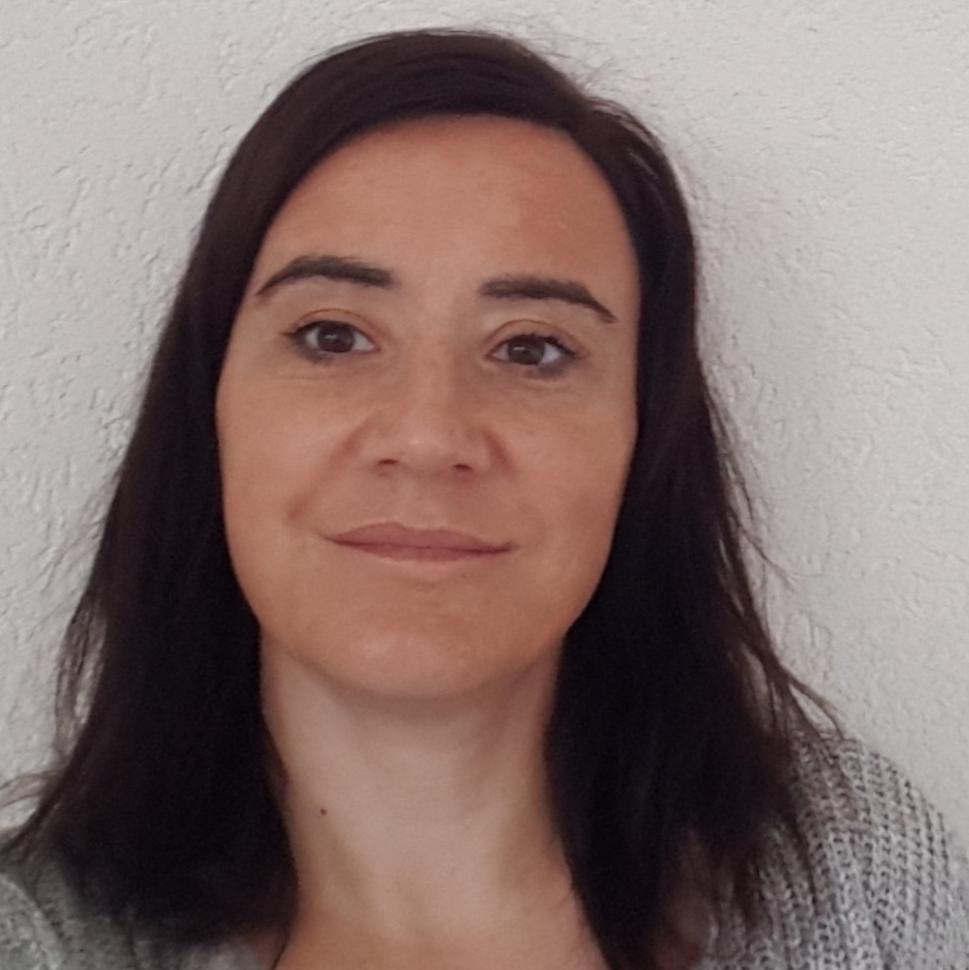You are here :
- EUTOPIA website
- Home
- Research & Innovation
- Fellowship
- SIF - Post-Doctoral Fellowships
SIF 2nd Cohort Fellows - Dorothée Rusque, CY Cergy Paris Université

Curriculum Vitae
- Education
2012-2018 - PhD in History, University of Strasbourg (France)
- Experience
2022-2024 - EUTOPIA Postdoctoral fellow, CY Cergy Paris University (France), Heritage
2020-2022 - Postdoctoral Researcher, Dept. of Literature and Knowledge, University of Neuchâtel (Switzerland). Project Sinergia supported by the Swiss National Science Foundation: “Botanical legacies from the Enlightenment: unexplored collections and texts at the crossroads between the humanities and the sciences”. https://botanical-legacies.unine.ch
2015-2019 - Assistant Lecturer, Faculty of Historical Sciences, University of Strasbourg (France)
- Publications (selection)
ORCID: https://orcid.org/0000-0002-9583-4627
With DUPASQUIER, Pierre-Emmanuel and LECHOT, Timothée (dir.), L’herbier selon Rousseau, Presses Universitaires de Strasbourg (collection « Savoirs collectés »), Strasbourg, 2024 [book in preparation].
« Associer les textes aux collections. Les systèmes d’écriture du naturaliste Jean Hermann au XVIIIe siècle », in CHAPRON, Emmanuelle, PUGNIERE, François (ed.), Écriture épistolaire et construction des savoirs au 18e siècle. Jean-François Séguier et ses correspondants, Paris, Éditions Classiques Garnier, 2019, p. 47-63.
« Observer à partir des collections d’histoire naturelle au XVIIIe siècle. Le dialogue des objets au sein du cabinet de Jean Hermann », Epistemocritique, 2017, p. 81-93.
« Faire circuler les objets naturalistes au XVIIIe siècle. Jean Hermann comme intermédiaire dans les échanges entre la France méridionale et l’espace germanique », Liame, 26, 2016.
« L’histoire naturelle dans les marges : écrire dans et à partir des livres. Le cas de Jean Hermann », in GUEDRON, Martial, LABOULAIS, Isabelle (dir.), Écrire les sciences. Études sur le XVIIIe siècle, Bruxelles, Éditions de l’Université de Bruxelles, 2015, p. 81-96.
- Research achievements
Research Project:
A World of Natural Specimens. Jacob Forster’s Family Business and the Rise of the Globalized Market of Natural History in the Eighteenth-Century Europe
The trading of natural specimens took on a new dimension in the 18th century thanks to the success of natural history collections, books and the rise of scientific explorations. The family business founded by the famous dealer Jacob Forster (1739-1806) is particularly representative of the desire to expand naturalist market boundaries. He opened shops in the main places of the European market (London, Paris and St Petersburg) which he entrusted to his family during his trips to collect specimens. In London, the shop of his brother-in-law George Humphrey (1739-1826) highlights the role of explorations in the geographical expansion of trade as it contains “curiosities” collected in the Pacific during the expeditions of James Cook.
This family business offers the opportunity to investigate the modalities of the naturalist market’s globalization by using several scales of observation, from the interconnected shops scattered in Europe to the international exchange networks between scientists, dealers and collectors. The modernisation of commercial practices through different tools like auction catalogues, the circulation and commoditization of objects, as well as the role of merchants as intermediaries in the construction of knowledge reveal little known aspects of this trade. More broadly, this work shows the interest of crossing the sciences, the economy, the global history and the material culture in the study of natural history in the 18th century.


